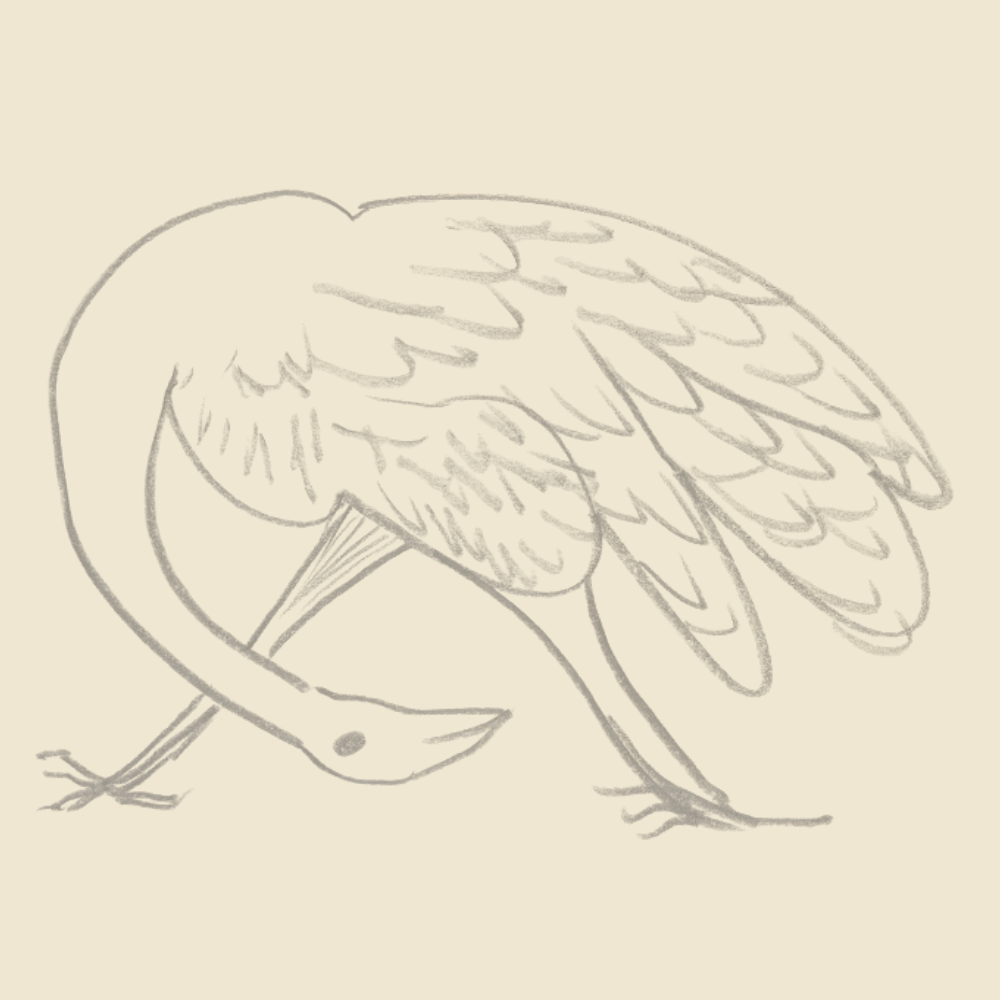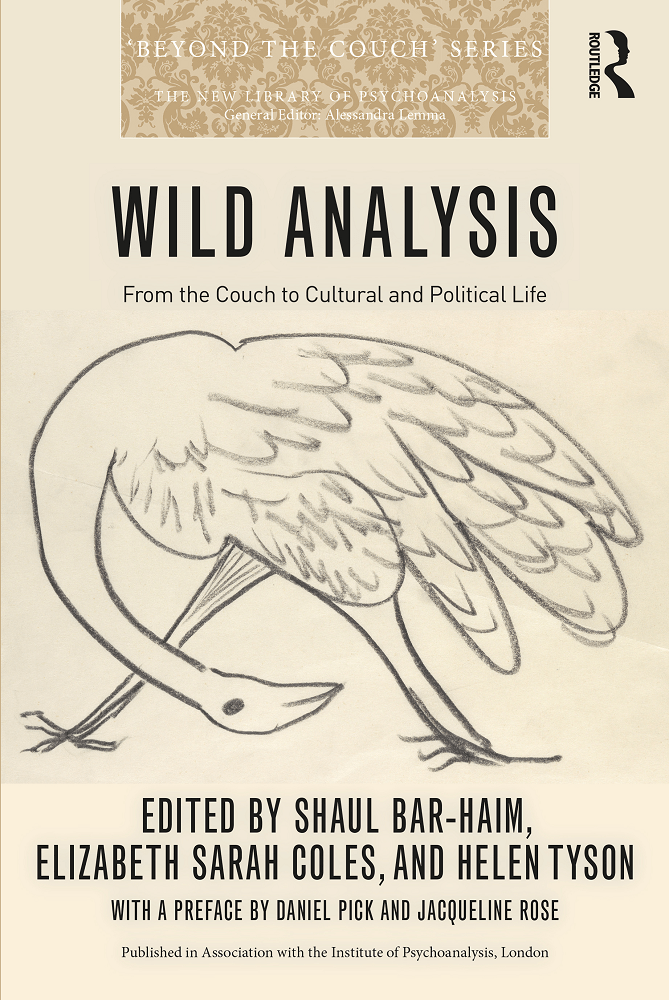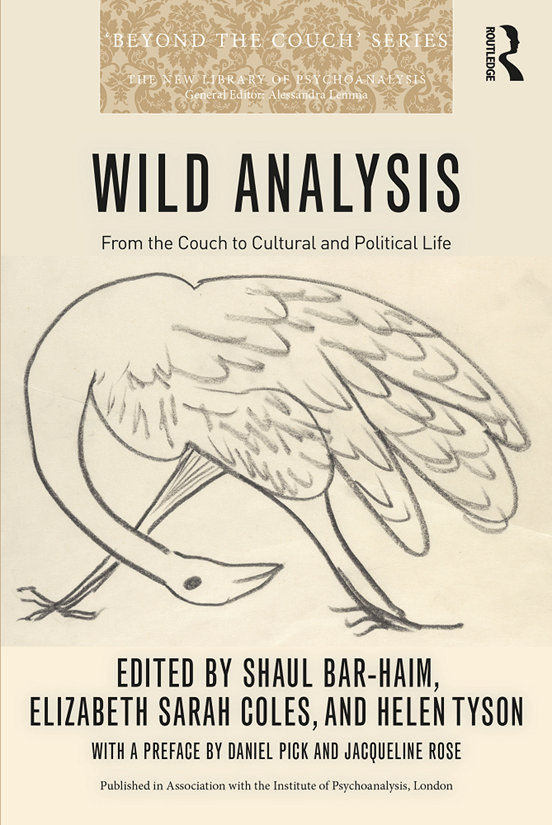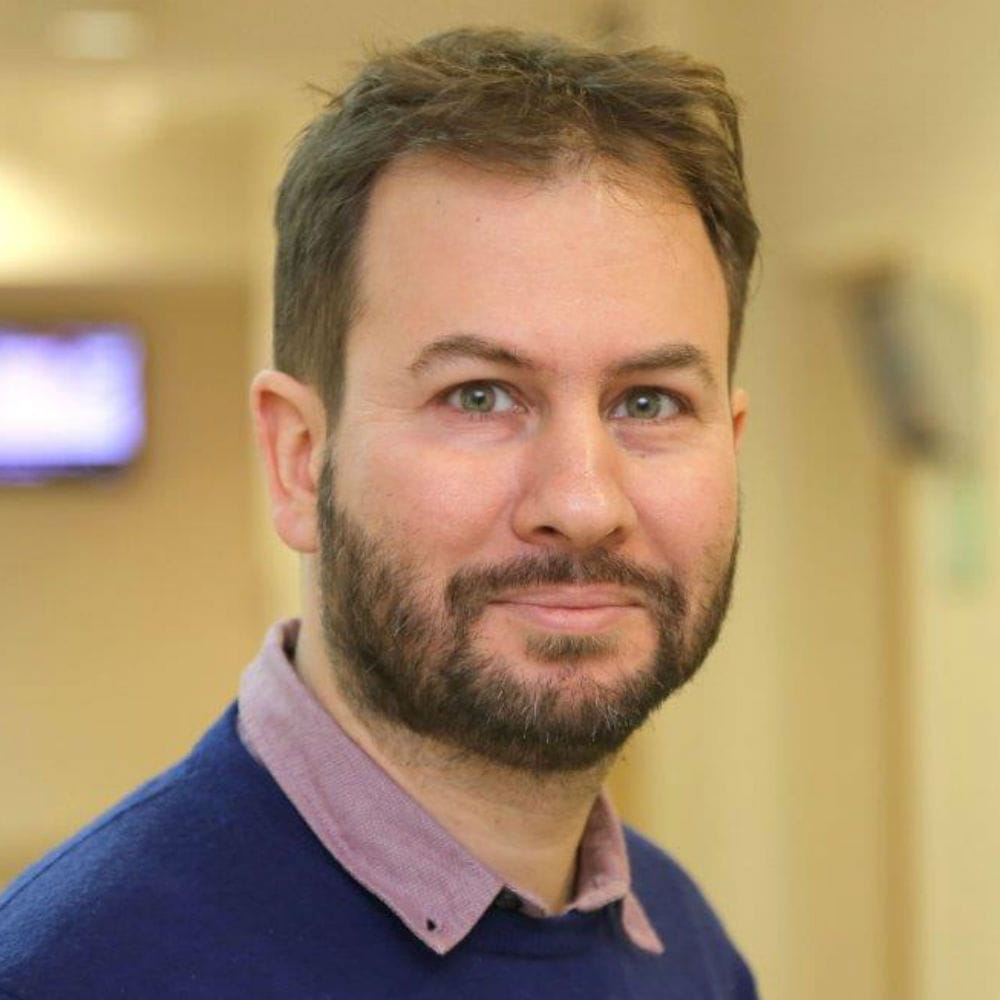On wild analysis

This now award-winning book that my colleagues, Helen Tyson, Elizabeth Sarah Coles and myself edited together, Wild Analysis: From the Couch to Cultural and Political Life, was a slow burner. It took us five years to edit it, arguably ten. Its history goes back twenty years.

After the 9/11 attack, Professors Jacqueline Rose and Daniel Pick, then teaching English and History at Queen Mary, London, established a reading group for searching how psychoanalysis can help us in understanding the 21st century, and its then new ‘war on terror’. Their first reading was Freud’s classic text from 1921 ‘Group Psychology and the Analysis of the Ego’ in which he gave his own theory of the ‘crowd’ and why people come together as groups, masses (often defined at the time dismissively as ‘mobs’) – sometimes as was the case in interwar Europe for the sake of promoting authoritarian and violent leaders and regimes. The moment has come, Rose and Pick thought then, to look back and learn from this and other psychoanalytic works - a lesson for us when then taking our first steps into the 21st century.
This interdisciplinary reading group of literary scholars, historians, philosophers, psychosocial scholars and social scientists was a great success throughout the 2000s but, as it happens, at some point it had run its course and was hibernated. After a few years this large reading group was replaced by a smaller group of graduate students run again by professors Rose and Pick, and we the editors were now among them, meeting to circulate our works, which were never clinical but always aimed at using psychoanalysis as a critical tool for our times. We were reading texts about the Nazi mind, colonial anthropology, neuroscience, the 1980s AIDS crisis, and current politics in Britain, India, Greece and elsewhere, to list only few themes.
In all cases we made this ‘wild’ effort to put psychoanalytic concepts (from all different schools) to work for us, helping us to better understand the social dynamics of our academic research and current affairs. How do unconscious phantasies, we asked, drive ideological thinking, populist movements, consumerist behaviour, racial bias? What can we make of Freud’s theory of sexuality in the age of 21st century feminism, 'metoo', and social media? How does brain science contribute to rather than replace psychoanalytic theory and practice? And what happens to hope and pleasure in an age of global anxieties, such as environmental extinction?
‘Wild analysis’ was the derogatory term that Freud himself coined to describe any usage of his theory which he didn’t approve. Indeed, he didn’t hesitate in 1914 to claim that ‘although it is a long time now since I was the only psycho-analyst, I consider myself justified in maintaining that even today no one can know better than I do what psychoanalysis is’. But the history of psychoanalysis is a history of women and men who dared to challenge this assumption and reclaim psychoanalytic notions for their own needs and their own time. Among them were not only clinicians but also anthropologists, novelists, artists, filmmakers and comedians. All were proud ‘wild analysts’ and so were we and our colleagues who met a few times a year for five years, usually in the same old room at the Senate House Building in London as part of what we called the ‘forum for Psychoanalysis, History, and Political Thought'.
When this group had also run its course in 2016, we asked participants to contribute to an edited volume that would document those meetings that were so valuable for many of us. Submissions were as different as discussions of Elena Ferrante’s Neapolitan Novels, to the Syrian refugees crisis, the moral panic of satanism among white South Africans in the last years of Apartheid, and the legacy of the 18th century Enlightenment today, to mention only a few of the chapters of this volume.
Every academic publisher will tell you that the challenge of an edited volume is to have a series of contributions from different authors while still maintaining one line of thought, or even a main argument. Our challenge then was even harder because we never pretended to have a common denominator other than our interest in psychoanalytic thinking in the social sphere, and this in itself was too vague and wide. But bit by bit we realized that it is precisely the wild tradition that Freud instructed us not to follow which is very much one of his major legacies.
Psychoanalytic tools helped us and our contributors to provide creative – even sometime speculative – explanations for past and present events, without giving up, we hope, on meticulous research and high academic standards. We therefore were thrilled to learn that the American National Association for the Advancement of Psychoanalysis (NAAP) acknowledged the importance of wild thinking for preserving psychoanalysis fresh and alive, and gifted us with their Gradiva Award for the best edited volume of the year.

